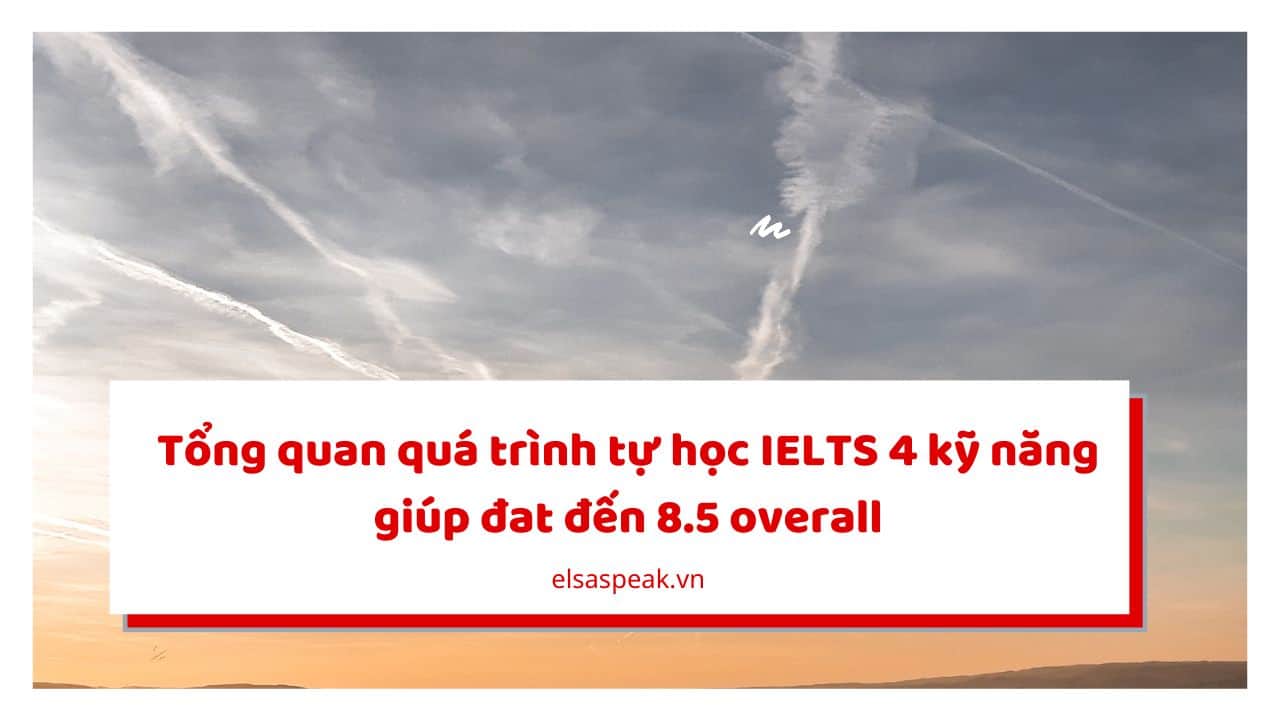
Tổng quan quá trình tự học IELTS 4 kỹ năng giúp đạt đến 8.5 overall
Hành trình tự học IELTS 4 kỹ năng hoàn toàn và đạt kết quả 8.5 IELTS của tác giả Huy Ipin trong bài viết dưới
Mệnh đề quan hệ (Relative clause) là một mệnh đề phụ được dùng để bổ nghĩa cho danh từ (noun) hoặc cụm danh từ (noun phrase) đứng trước nó.
Mệnh đề quan hệ trong tiếng Anh là điểm ngữ pháp Advanced mà chúng ta cần phải nắm thật vững. Nếu muốn đạt điểm cao trong IELTS nói chung và IELTS Writing nói riêng, hãy lưu ý và note lại 4 lưu ý quan trọng khi sử dụng mệnh đề quan hệ được tổng hợp bởi tác giả Pham Nguyen tại Group Tự học PTE-IELTS 9.0 nhé.
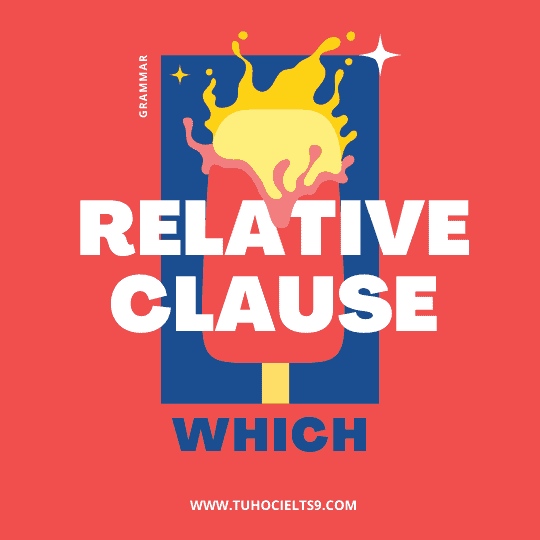
Ví dụ 1:I bought a new car. It is very fast.
→ I bought a new car that is very fast.Ví dụ 2:She lives in New York. She likes living in New York.
→ She lives in New York, which she likes.
Chú ý: WHICH có ý nghĩa đại diện cho cả câu She lives in New York ở phía trước.
Which có thể rút gọn thành Ving trong mệnh đề quan hệ
Diets that are high in saturated fat clog up our arteries, thereby reducing the blood flow to our hearts and brains.
Câu này chính là câu rút gọn của: Diets that are high in saturated fat clog up our arteries, which thereby reduces the blood flow to our hearts and brains. => mang nghĩa là cái việc mà (Diets that are high in saturated fat clog up our arteries) làm (reduces the blood flow to our hearts and brains)
They had failed to agree to a settlement, thereby throwing 250 people out of work.==> They had failed to agree to a settlement, which thereby threw 250 people out of work.
Xem thêm:
Mệnh đề quan hệ trong Writing Task 2
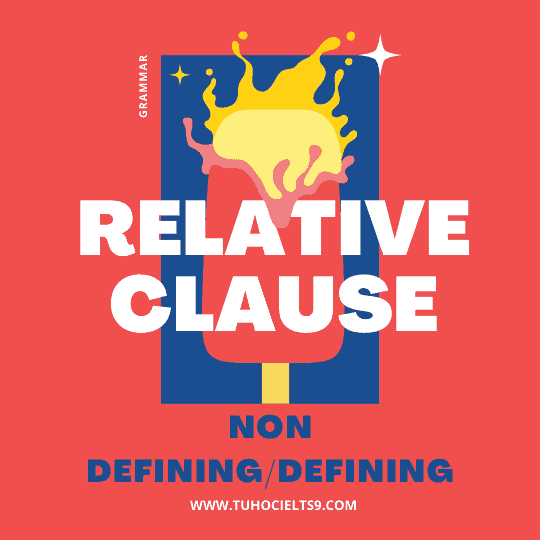
A defining relative clause tells which noun we are talking about:
A non-defining relative clause gives us extra information about something. We don’t need this information to understand the sentence.
We don’t use ‘that’ in non-defining relative clauses, so we need to use ‘which’ if the pronoun refers to a thing, and ‘who’ if it refers to a person.
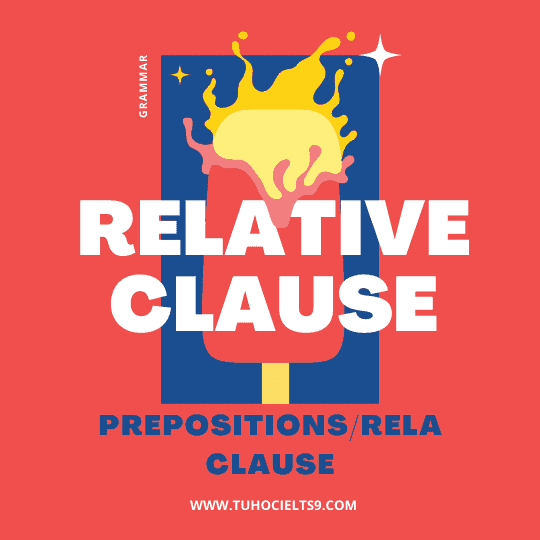
The music is good. Julie listens to the music.
→ The music (which / that) Julie listens to is good.
My brother met a woman. I used to work with the woman.
→ My brother met a woman (who / that) I used to work with.
The country is very hot. He went to the country.
→ The country (which / that) he went to is very hot.
I visited the city. John comes from the city.
→ I visited the city (that / which) John comes from.
The job is well paid. She applied for the job.
→ The job (which / that) she applied for is well paid.
Whose: ‘Whose’ is always the subject of the relative clause and can’t be left out. It replaces a possessive. It can be used for people and things.
The dog is over there. The dog’s / its owner lives next door.
→ The dog whose owner lives next door is over there.
The little girl is sad. The little girl’s / her doll was lost.
→ The little girl whose doll was lost is sad.
The woman is coming tonight. Her car is a BMW.
→ The woman whose car is a BMW is coming tonight.
The house belongs to me. Its roof is very old.
→ The house whose roof is old belongs to me.
Where / when / why: We can sometimes use these question words instead of relative pronouns and prepositions.
I live in a city. I study in the city.→ I live in the city where I study.
→ I live in the city that / which I study in.
→ I live in the city in which I study.
The bar in Barcelona is still there. I met my wife in that bar.→ The bar in Barcelona where I met my wife is still there.
→ The bar in Barcelona that / which I met my wife in is still there.
→ The bar in Barcelona in which I met my wife is still there.
The summer was long and hot. I graduated from university in the summer.→ The summer when I graduated from university was long and hot.
→ The summer that / which I graduated from university in was long and hot.
→ The summer in which I graduated was long and hot.
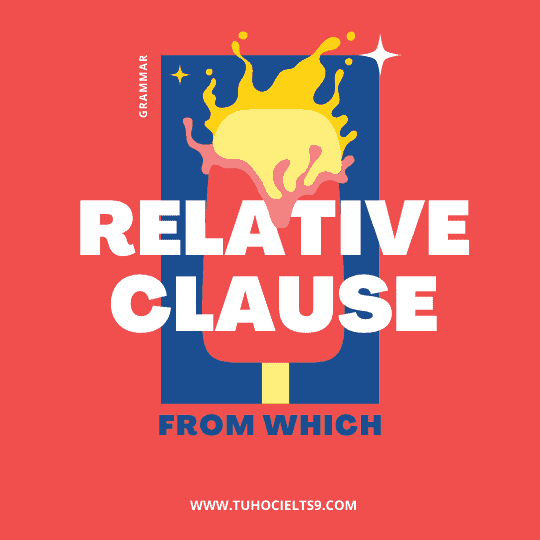
Ví dụ 1:
Ví dụ 2:
Vừa rồi là một số lưu ý về cách dùng mệnh đề quan hệ trong tiếng Anh, các lưu ý này có thể được áp dụng trong IELTS Writing và được giám khảo đánh giá khá cao về khả năng sử dụng ngữ pháp. Mong rằng các bạn đã có thêm một số kiến thức bổ ích về mệnh đề quan hệ qua bài viết này. Chúc các bạn học tốt và nhớ đừng quên theo dõi tuhocielts9.com và Group Tự học PTE – IELTS 9.0 để học thêm những kiến thức bổ ích nhé.
Xem thêm những bài viết hay về Grammar dưới đây:
Ứng dụng học nói tiếng Anh
chuẩn bản xứ tốt nhất thế giới
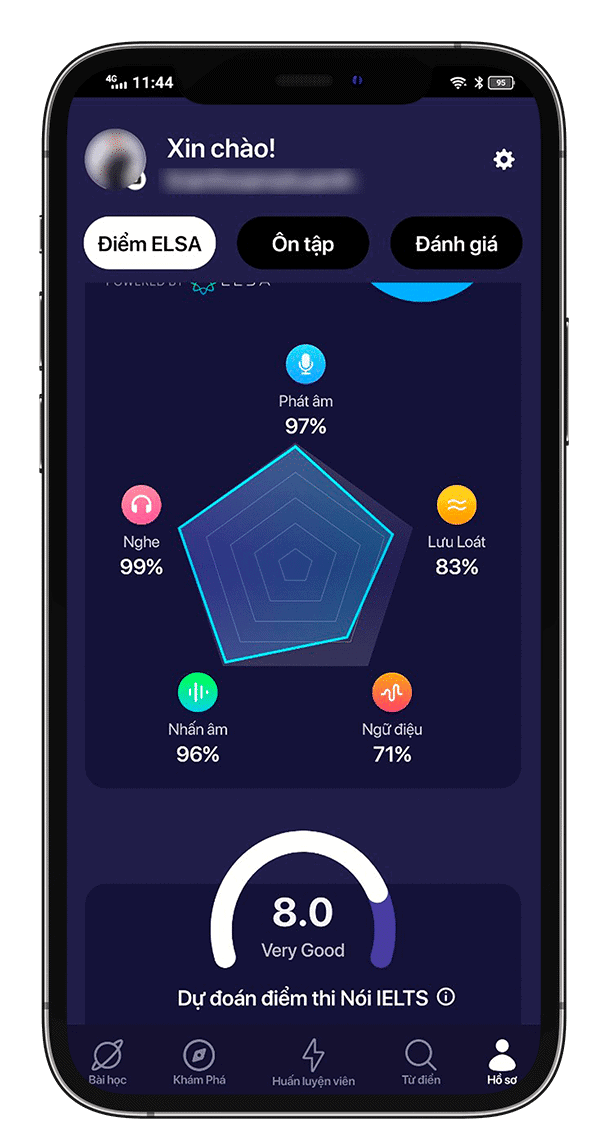

Hành trình tự học IELTS 4 kỹ năng hoàn toàn và đạt kết quả 8.5 IELTS của tác giả Huy Ipin trong bài viết dưới
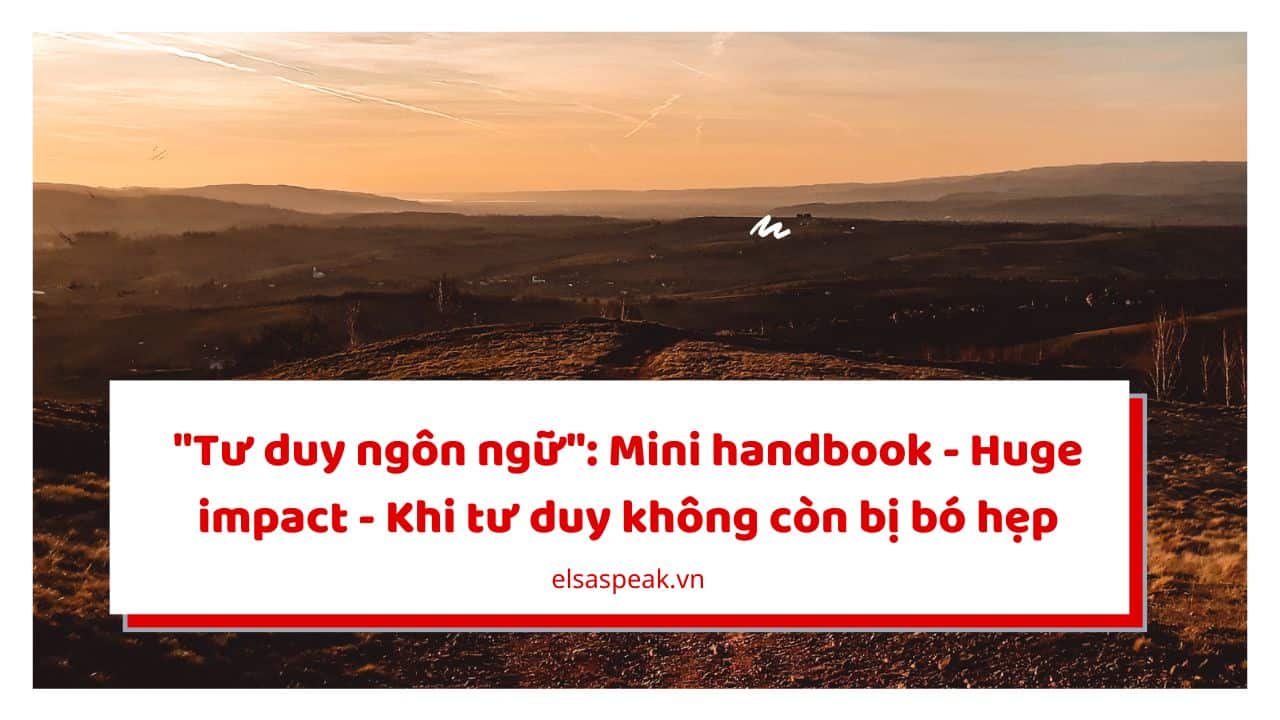
Tốt nghiệp Master chuyên ngành giáo dục và đạt chứng chỉ TESOL tại đại học Bristol, tác giả của cuốn Mini Handbook: “Tư duy ngôn
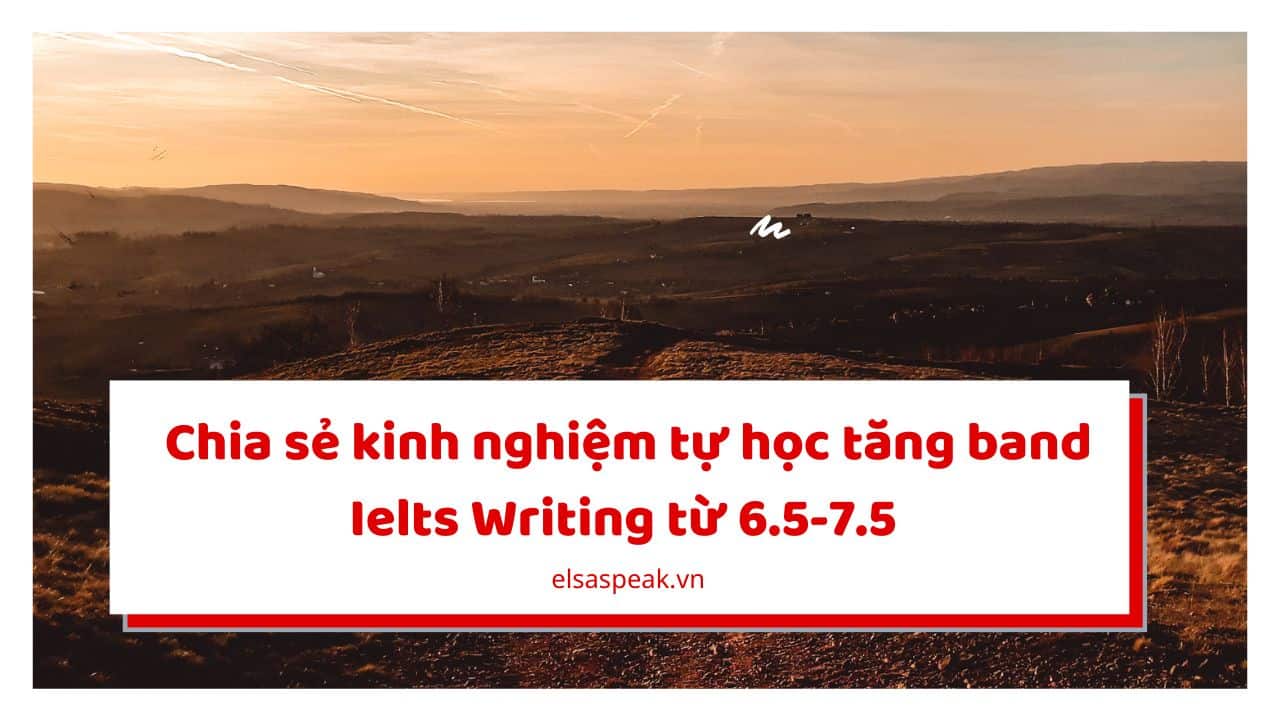
Đối với hầu hết thí sinh, tăng band IELTS Writing luôn là nhiệm vụ khó nhất để đạt band điểm cao từ 6.5 trở lên
Copyright © 2020 by ELYSIA NGUYEN | Thiết kế Web và Automation Marketing bởi IM Anh Tran